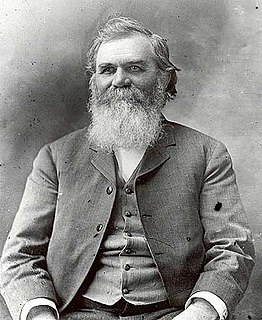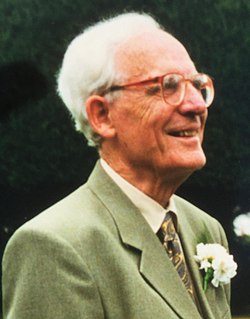A Quote by Christopher Hitchens
Related Quotes
…the samurai ethic is a political science of the heart, designed to control such discouragement and fatigue in order to avoid showing them to others. It was thought more important to look healthy than to be healthy, and more important to seem bold and daring than to be so. This view of morality, since it is physiologically based on the special vanity peculiar to men, is perhaps the supreme male view of morality.
Although I'm not Christian, I was raised Christian. I'm an atheist, with a slight Buddhist leaning. I've got a very strong sense of morality - it's just a different morality than the loud voices of the Christian morality.... I can't tell you how many films I've turned down because there was an absence of morality. And I don't mean that from any sort of Judeo-Christian-Muslim point of view. I'm not saying they're wrong and can't be made. But, fundamentally, I'm such a humanist that I can't bear to make films that make us feel humanity is more dark than it is light.
Mr. J.S. Mill speaks, in his celebrated work, "Utilitarianism," of the social feelings as a "powerful natural sentiment," and as "the natural basis of sentiment for utilitarian morality," but on the previous page he says, "if, as is my own belief, the moral feelings are not innate, but acquired, they are not for that reason less natural." It is with hesitation that I venture to differ from so profound a thinker, but it can hardly be disputed that the social feelings are instinctive or innate in the lower animals; and why should they not be so in man?
There is no longer a Christian mind ... the modern Christian has succumbed to secularization. He accepts religion - its morality, its worship, its spiritual culture; but he rejects the religious view of life, the view which sets all earthly issues within the context of the eternal, the view which relates all human problems social, political, cultural to the doctrinal foundations of the Christian Faith, the view which sees all things here below in terms of God's supremacy and earth's transitoriness, in terms of Heaven and Hell.
Suspending moral judgment is not the immorality of the novel; it is its morality. The morality that stands against the ineradicable human habit of judging instantly, ceaselessly, and everyone; of judging before, and in the absence of, understanding. From the viewpoint of the novel's wisdom, that fervid readiness to judge is the most detestable stupidity, the most pernicious evil.
In terms of morality, we can be very narrowly focused. So convinced of our point of view and righteousness, and it just doesn't allow for circumstance or other people's points of view. It's very comforting because you don't have to self-reflect, you just are. There's a strain of that in American culture.
My chief aim was to combat the view that there can be no true morality without supernatural sanctions. So I argued at length that the social, or altruistic, impulses are the real source of morality, and that an ethic based on these impulses has far more claim on our allegiance than an ethic based on obedience to the commands of a God who created tapeworms and cancer-cells.



































